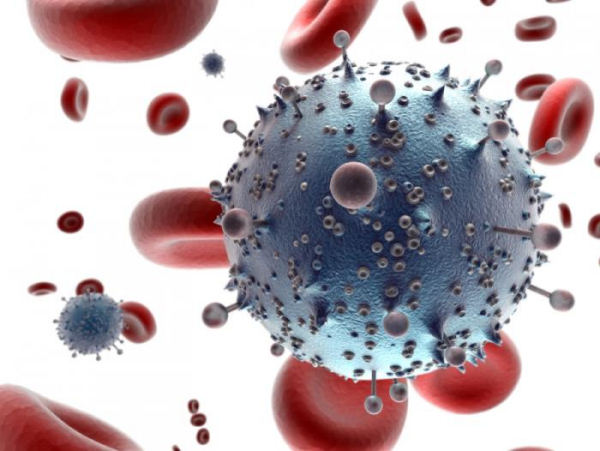
While the human immunodeficiency virus (HIV) pandemic fuels tuberculosis (TB) outbreaks, it does not drive the development and transmission of multidrug-resistance in TB patients as previously suspected, according to a study published in eLife.
The findings, from a collaboration between Norwegian, British and Argentinian scientists, also show that TB drug resistance is not more likely to evolve in HIV-positive patients compared to HIV-negative patients.
“It is already known that a parallel HIV pandemic amplifies the TB epidemic, with ongoing efforts around the world to tackle these potentially fatal diseases,” says lead author Vegard Eldholm, a research fellow at the Norwegian Institute of Public Health.
“Among the estimated 1.5 million people who died from TB in 2015, about 200,000 cases involved multidrug-resistant TB and 400,000 were HIV co-infected. However, it is not clear exactly how much of an effect HIV has had on drug resistance in the most common form of TB, Mycobacterium tuberculosis (Mtb).”
To explore the impact of HIV co-infection on Mtb drug resistance, Eldholm and his team analysed the genomes of 252 TB isolates from patients belonging to the largest outbreak of multidrug-resistant TB in South America to date.
The isolates were collected from patients with known HIV status from the mid-1990s until 2009. The team used the genomes to create a time-labelled phylogenic tree, a diagram showing the inferred evolutionary relationships among the mutations within the sampled patients. They then applied a new mathematical model optimized for TB to reconstruct how the disease spread among individuals. Finally, they combined the results of both methods to estimate the length of the TB latent period – the time from infection to infectiousness – and identify the patients in who TB strains evolved drug-resistance mutations.
“We saw no significant differences in the rate at which mutations occur in the genomes of strains in HIV-positive and negative patients. This suggests that drug resistance is not more likely to evolve in HIV-positive patients,” says co-corresponding author Francois Balloux, Professor of Computational Systems Biology at University College London.
While the team’s reconstruction of disease transmission among individuals did not reveal a significant impact of HIV co-infection on the ability of patients to transmit TB, their estimates of TB latency confirm that HIV co-infection accelerates the development of active TB.
“HIV prevents some cells from doing their job in the immune system, meaning the body is unable to fight off a large number of infections,” Eldholm explains.
“The disease therefore provides TB with a pool of susceptible hosts, amplifying the rate of co-infection. Indeed, for this reason, HIV patients at a major hospital in Buenos Aires, Argentina, played a central role in fueling South America’s largest multidrug-resistant TB epidemic in the early 1990s,” he adds.
###
Reference
The paper ‘Impact of HIV co-infection on the evolution and transmission of multidrug-resistant tuberculosis ‘ can be freely accessed online at http://dx.doi.org/10.7554/eLife.16644. Contents, including text, figures, and data, are free to reuse under a CC BY 4.0 license.
Media contact
Emily Packer, eLife
[email protected]
01223 855373
About eLife
eLife is a unique collaboration between the funders and practitioners of research to improve the way important research is selected, presented, and shared. eLife publishes outstanding works across the life sciences and biomedicine — from basic biological research to applied, translational, and clinical studies. All papers are selected by active scientists in the research community. Decisions and responses are agreed by the reviewers and consolidated by the Reviewing Editor into a single, clear set of instructions for authors, removing the need for laborious cycles of revision and allowing authors to publish their findings quickly. eLife is supported by the Howard Hughes Medical Institute, the Max Planck Society, and the Wellcome Trust. Learn more at elifesciences.org.
Media Contact
Emily Packer
[email protected]
01-223-855-373
@elife
http://www.elifesciences.org
The post HIV is not a super-spreader of drug-resistant tuberculosis appeared first on Scienmag.





